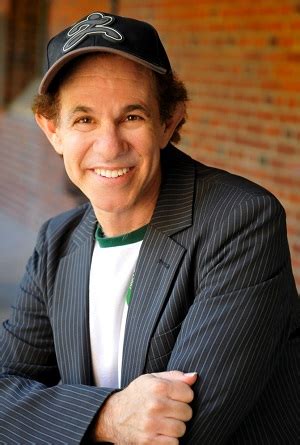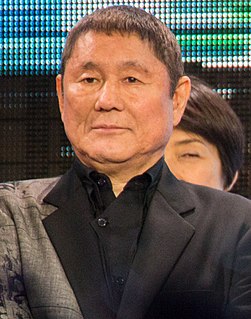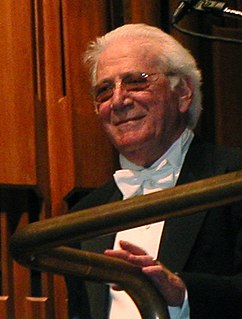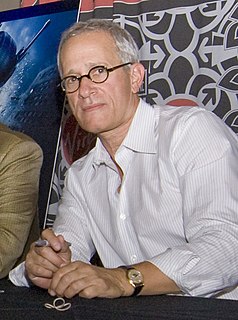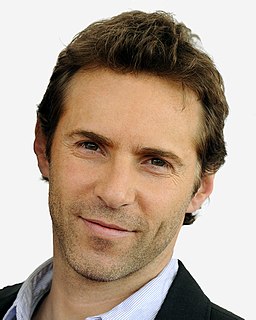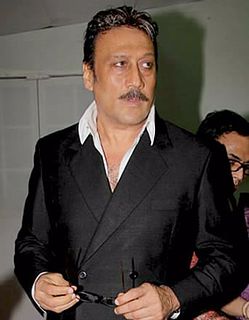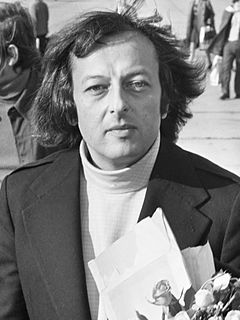A Quote by Ludwig Goransson
If you're a film composer, you have the music tell the story of the character.
Related Quotes
When I make film music, I'm a filmmaker first and foremost. It's about serving the needs of the film. You're telling a story; in a way, you stop becoming a composer and become a storyteller instead. You tell the story with the most appropriate themes. How you approach these things is a very personal matter, but your goal is to tell the story first.
I've been making films with almost no dialogue (laughs), so sound and music become a very powerful character to tell the story. It's almost like with sound and music and images, it's your tool to tell the story, especially when I decide to structure the film in a way that usually goes against the conventions of the three-act structure which most films are made out of.
I believe you shouldn't force the audience's interpretation of a character or a story. The more you explain things, the less intriguing and imaginable they are for viewers. . . . Film to me, in its essence, in its ultimate nature, is silent. Music and dialogue are there to fill what is lacking in the image. But you should be able to tell the story with moving pictures alone. For my next project, though, I'd like to make the kind of film where the characters blabber all the time.



